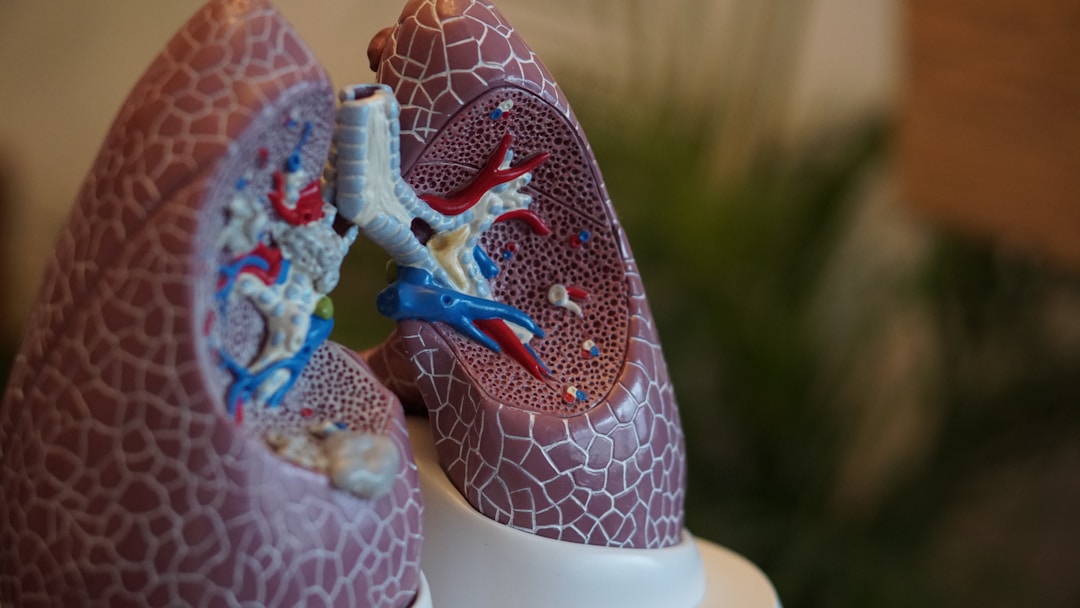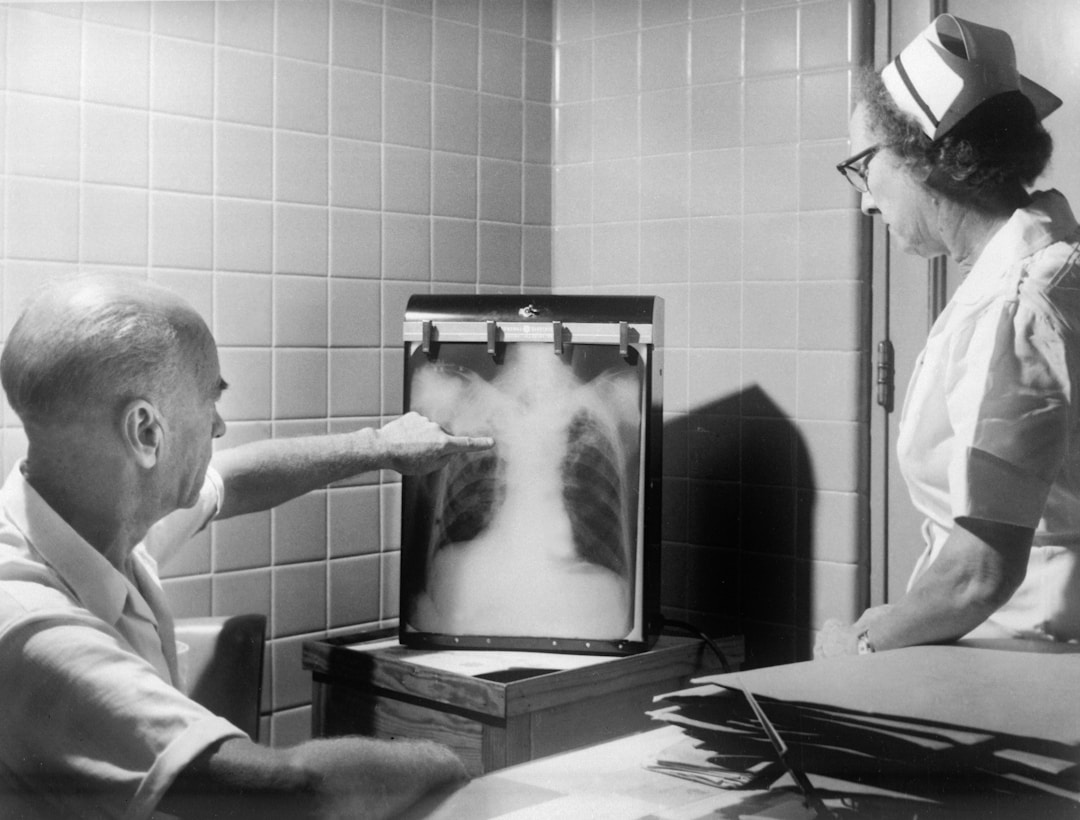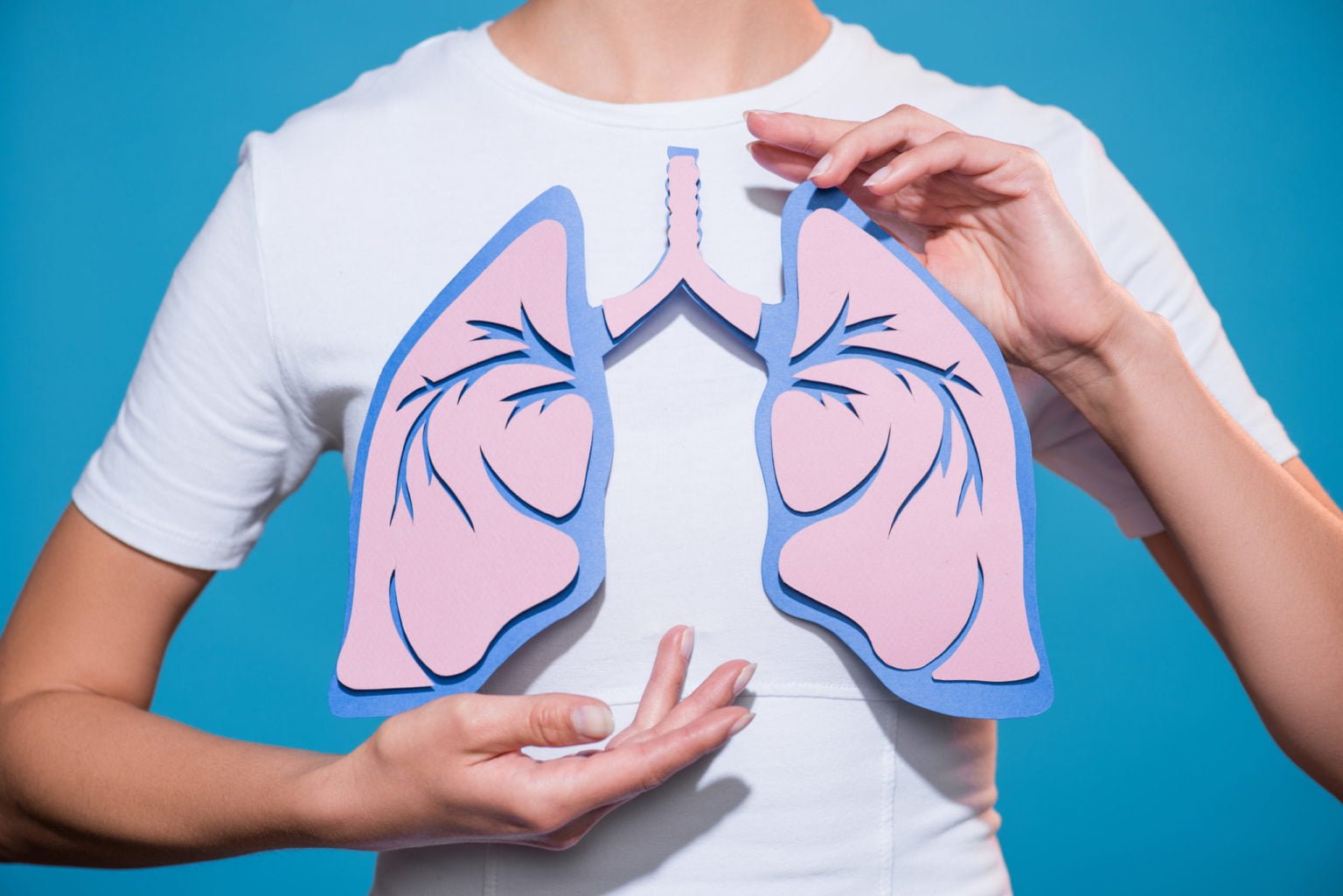Men’s testosterone levels can have a tremendous amount of impact on several facets of overall health. While you may commonly associate low testosterone, or low-T, with just a low sperm count, it can actually impact energy levels, mental health, and even lung function. Let’s take a look at how testosterone counts can affect lung health and what can be done to curb these conditions down the line.
Testosterone for Better Health

Natural hormone levels impact overall health through different bodily systems. In the case of the respiratory system, having a higher testosterone level provides greater energy for men. This increase in stamina allows someone to have better exercise habits, which in turn boosts blood flow and circulation. This can prevent lung disease or even curb symptoms that are linked to pulmonary conditions, such as bronchitis or pneumonia. A regular brisk walk or even just extending your current exercise regimen by 30 minutes can immediately improve lung health and boost muscle growth.
All-natural testosterone supplements can elevate T-levels to restore energy, boost libido, and help burn body fat. In conjunction with a proper workout routine, you will see the impact on your overall health without the need for testosterone-killing steroids. Among the ingredients that have been shown to increase testosterone levels are zinc and magnesium. These two minerals are recommended by most doctors as a natural method to boost fertility and, in turn, get energy levels in older men revved up again.
Testosterone & COPD
A low level of testosterone can aggravate the symptoms of several lung health problems and conditions. One of those ailments is chronic obstructive pulmonary disease (COPD). Testosterone replacement therapy has been shown to slow the progression of this disease in men. Men with COPD tend to experience shortness of breath, leading physicians to prescribe steroids to rebuild lung strength. However, those medications are also associated with testosterone dysfunction. This causes an aggravation of certain symptoms linked to the disease.
A study found that COPD patients who were prescribed testosterone reduced their risk of hospitalization due to respiratory disease. This resulted in greater vitality in the lungs and a quelling of the symptoms that deliver the greatest damage to the pulmonary system. Researchers found patients who underwent testosterone replacement therapy had a leg up on those who did not receive therapy, especially amongst older patients who naturally had reduced levels of testosterone brought on by the aging process. A certain dosage of testosterone can help with muscle strength and even give stimulation to sexual desire that may be waning with lower testosterone levels.
Testosterone & Asthma

Higher testosterone levels have been associated with better lung function in a variety of studies from different age groups. For example, asthma symptoms begin with an abnormal inflammatory immune response. Mucus production and airway constriction can limit the ability to take part in physical activity for an extended amount of time. This can also lead to a health risk for other issues that stem from asthma and other medical conditions that are tied to the respiratory system.
Hormonal changes have been associated with allergies, especially when centering on young men who are both pre- and postpubescent. Extensive research has looked into testosterone levels over time to show that a proper activity and exercise regimen can help to maintain better lung health. Male patients with low-T may find themselves stagnant and dealing with greater asthmatic symptoms when allergens trigger an attack. The best way to combat this is through natural testosterone supplements, highlighting a homeopathic approach to boosting low testosterone levels. Take action now to boost your T-levels to improve your overall health.






